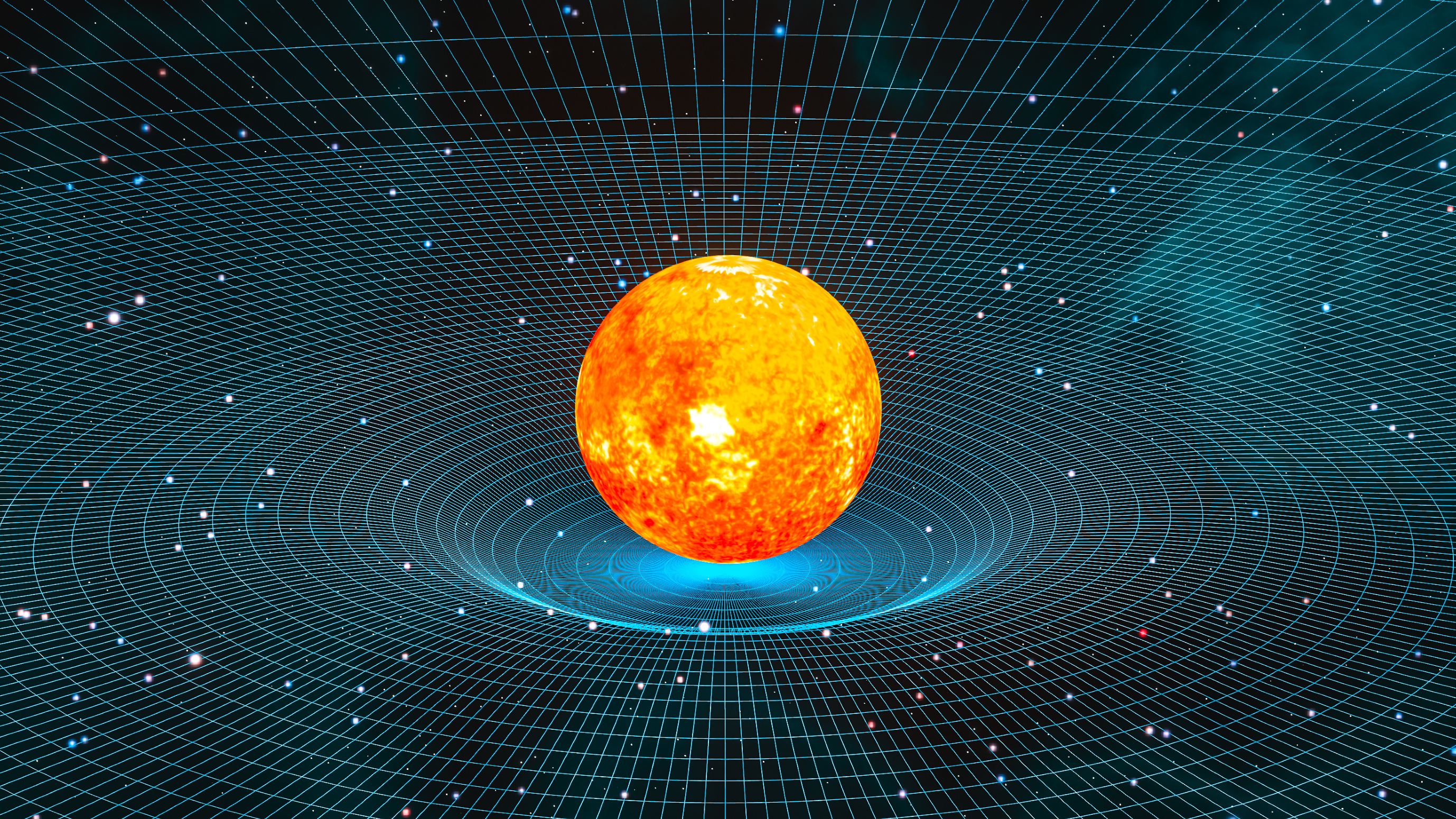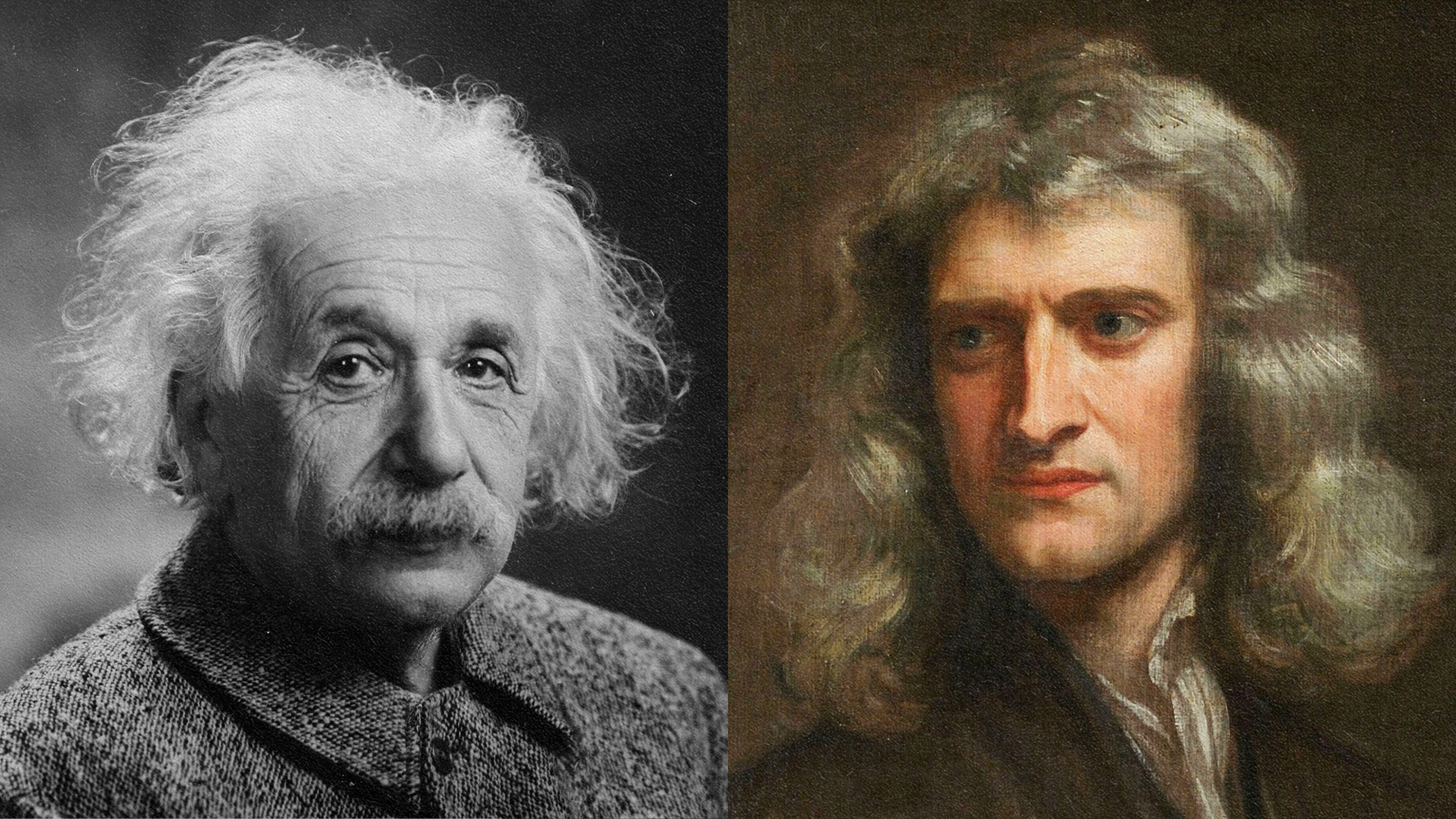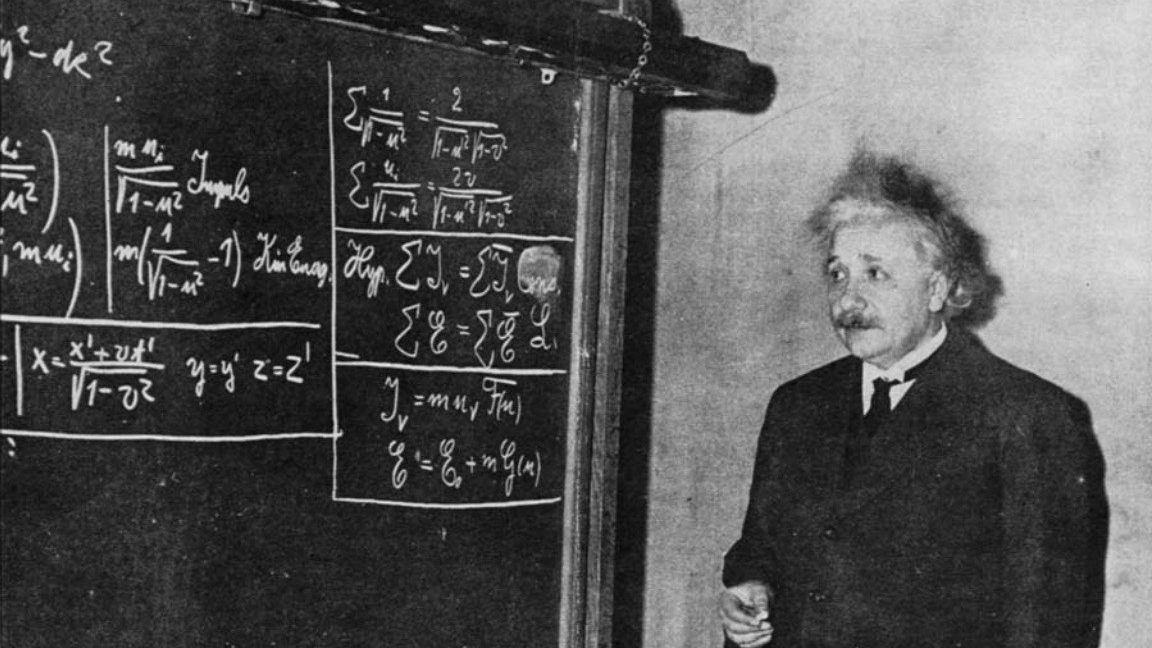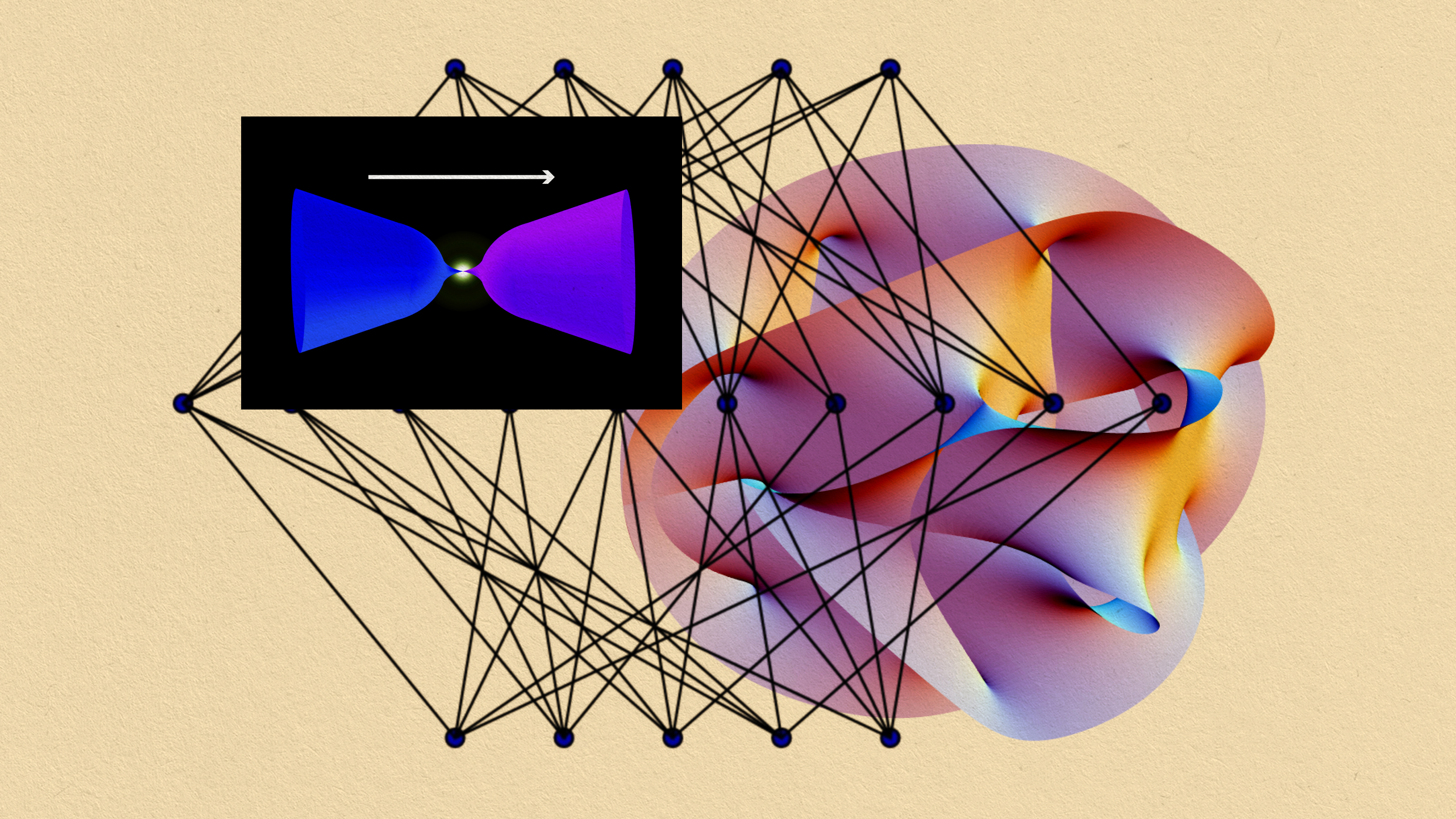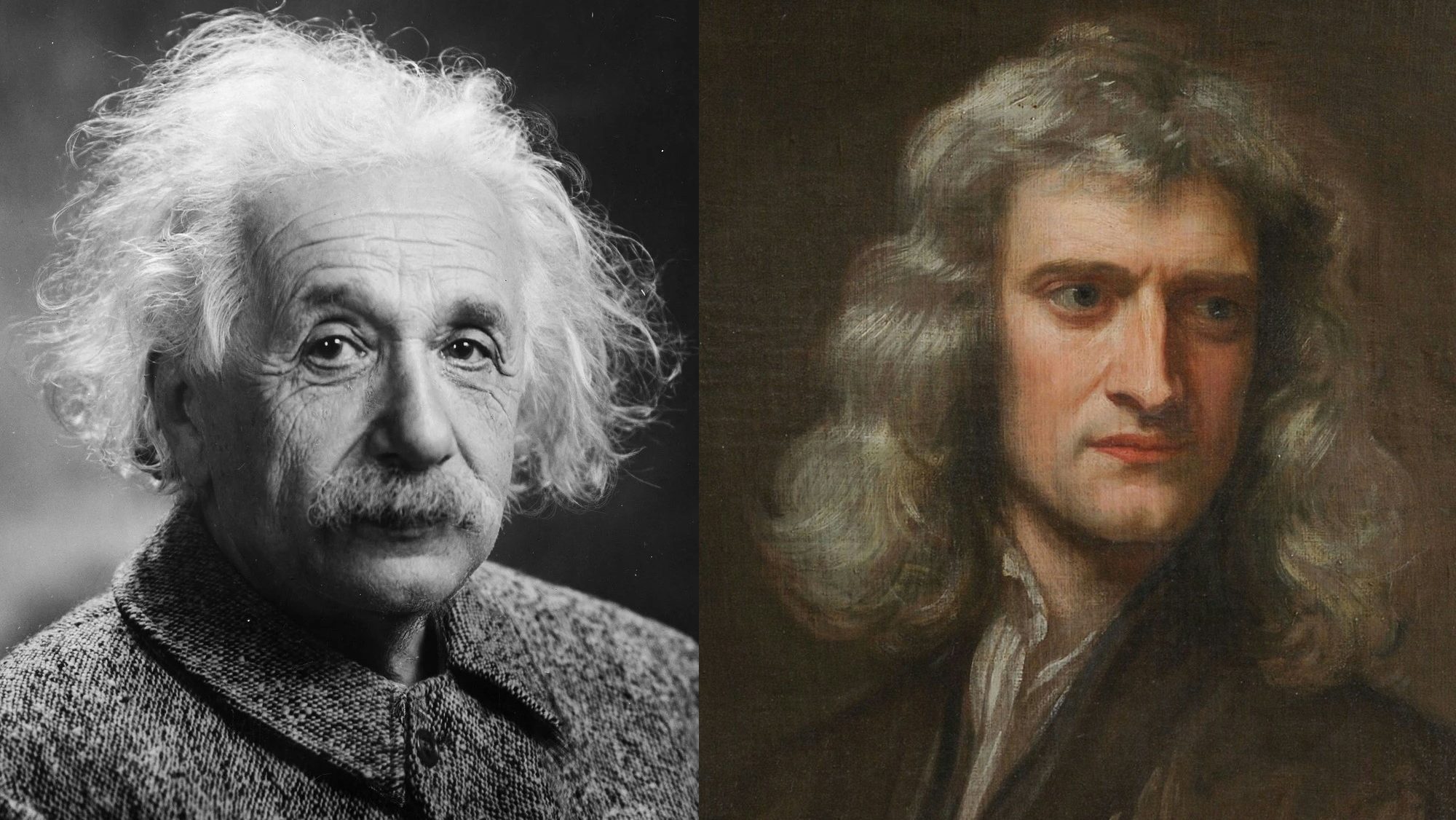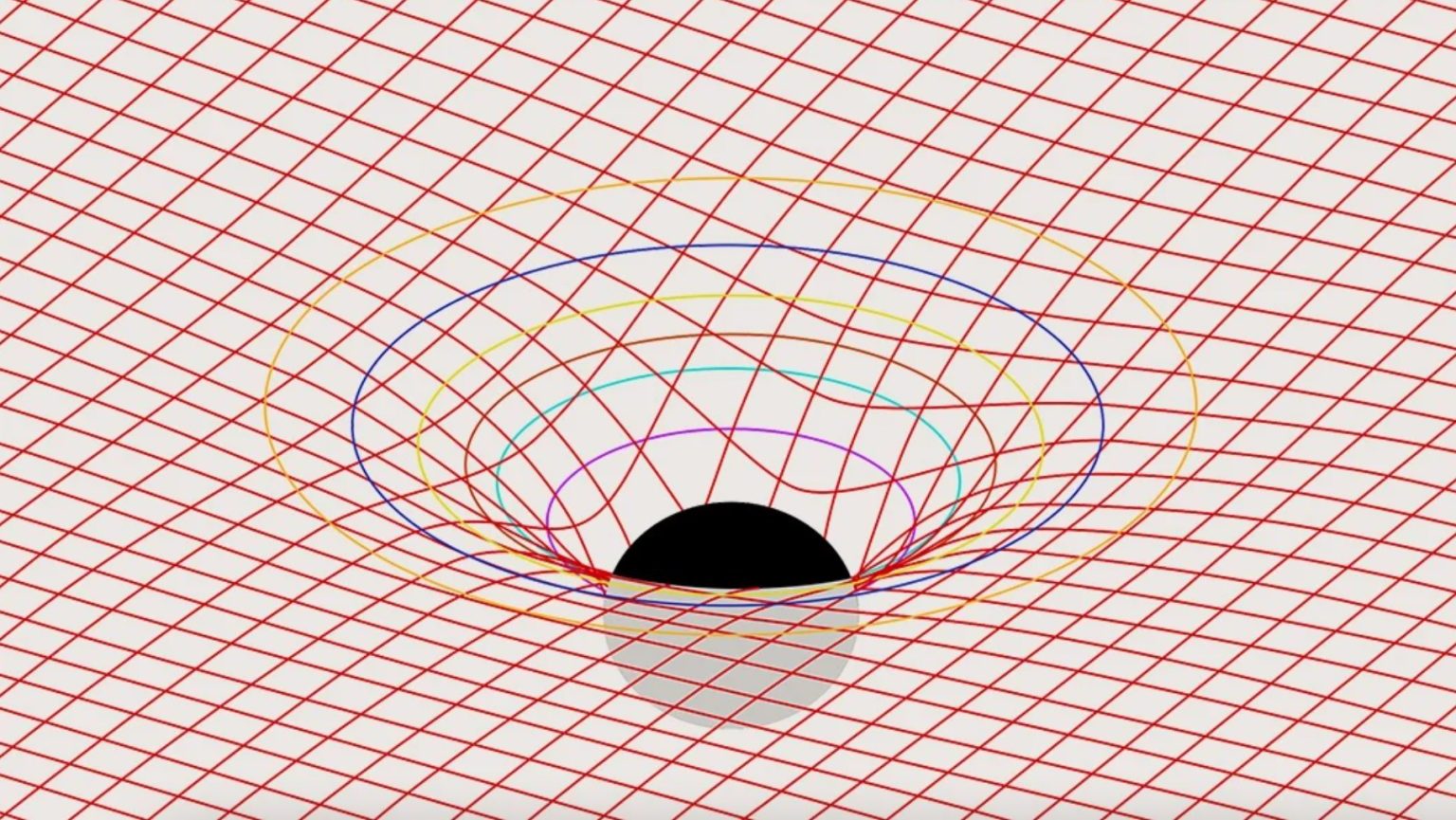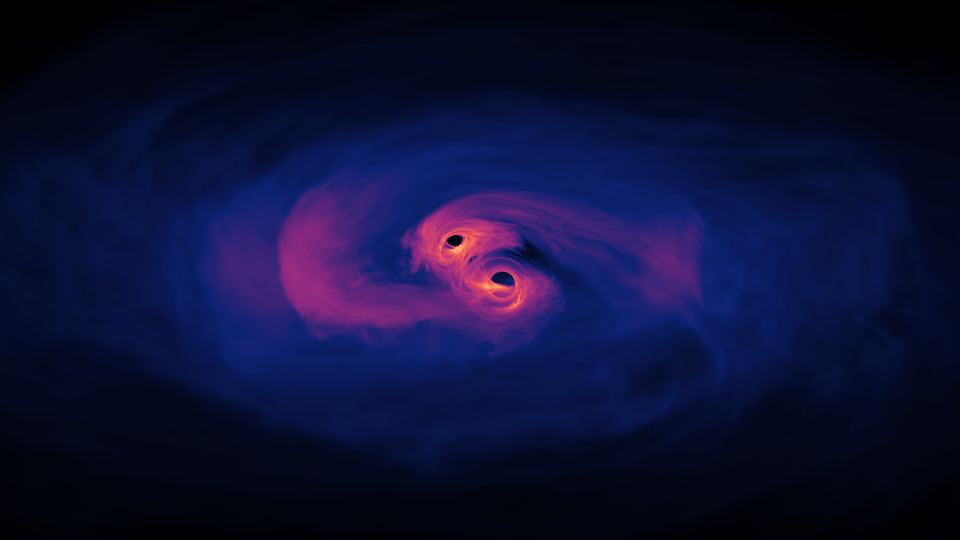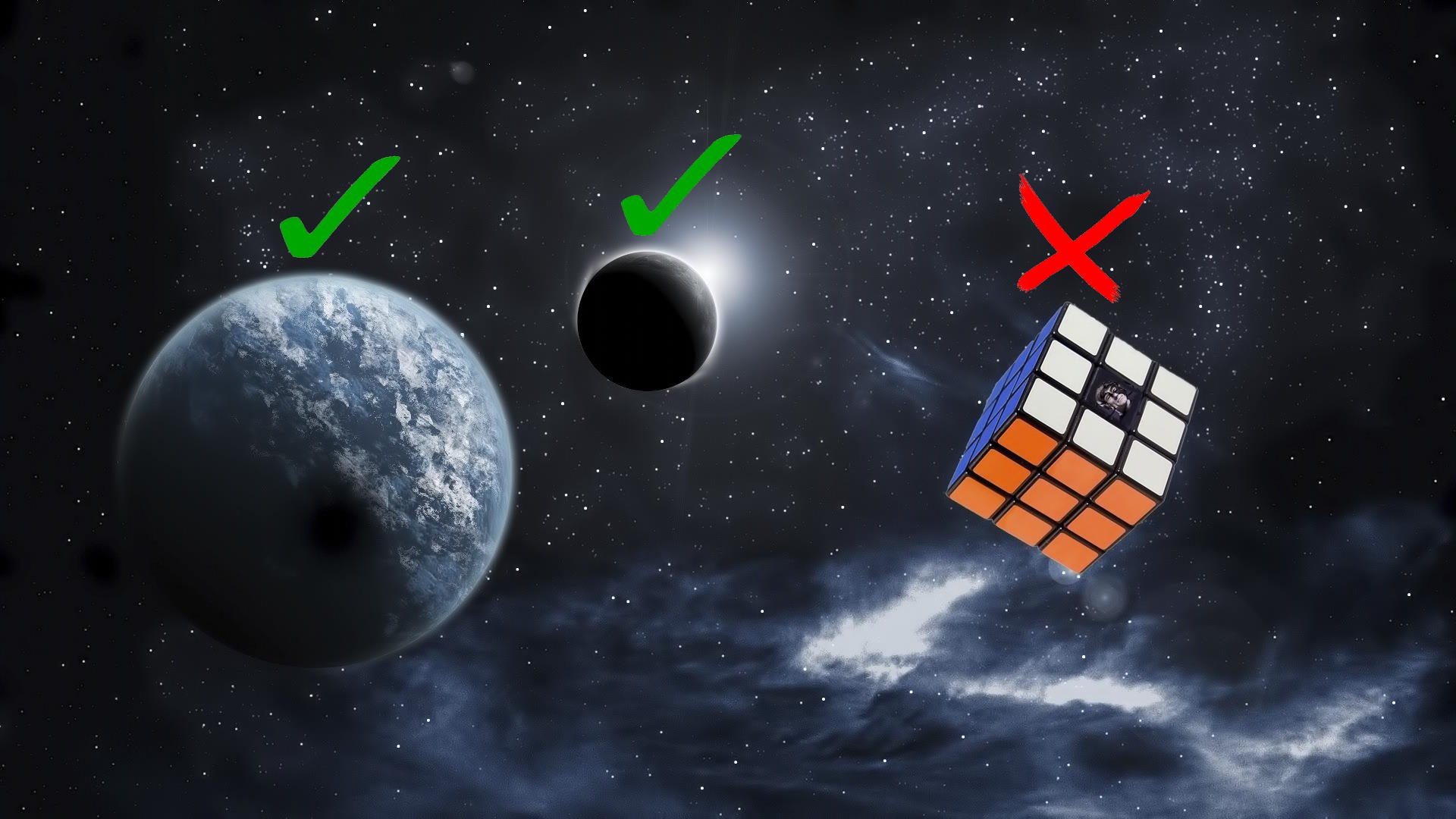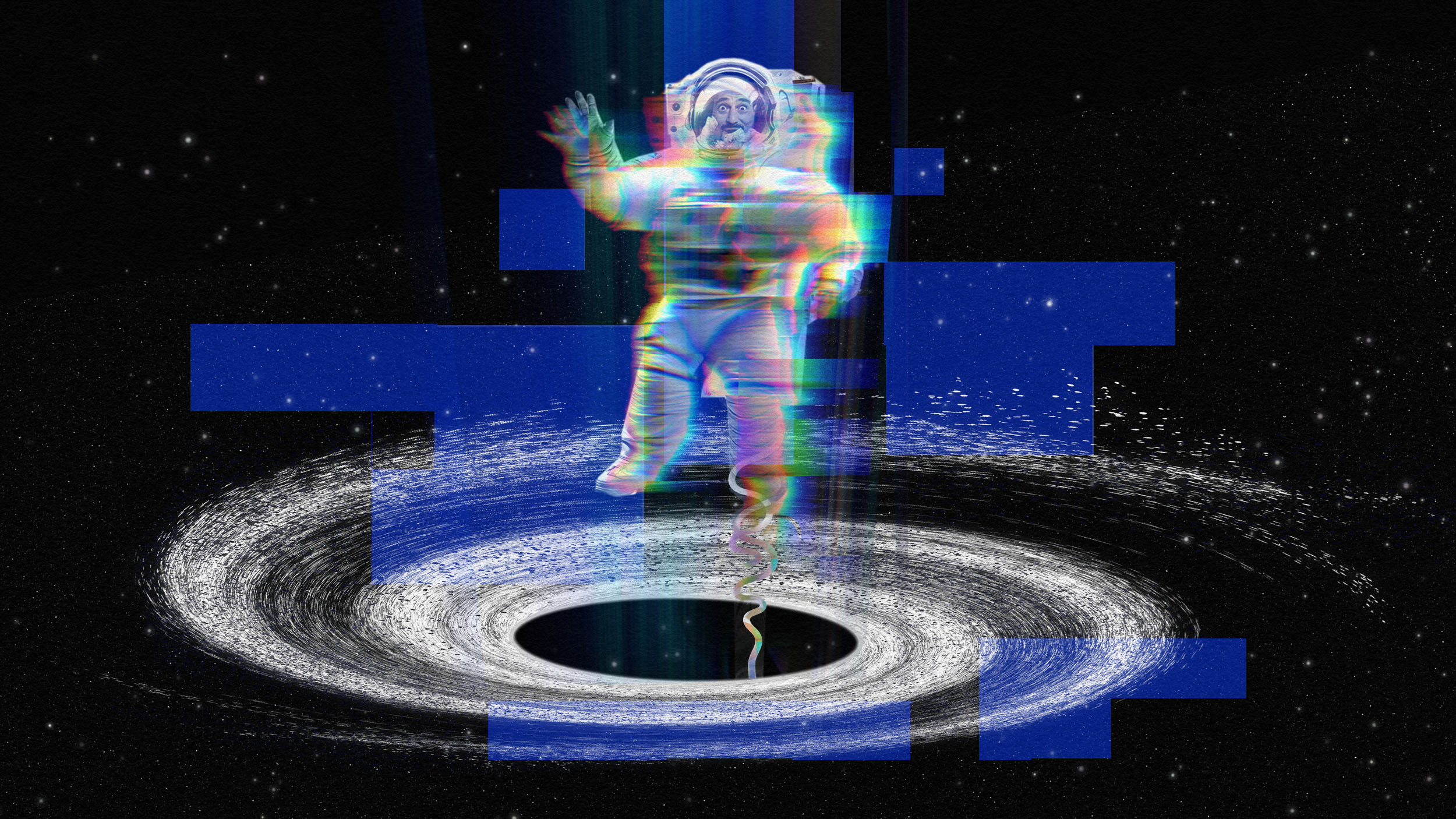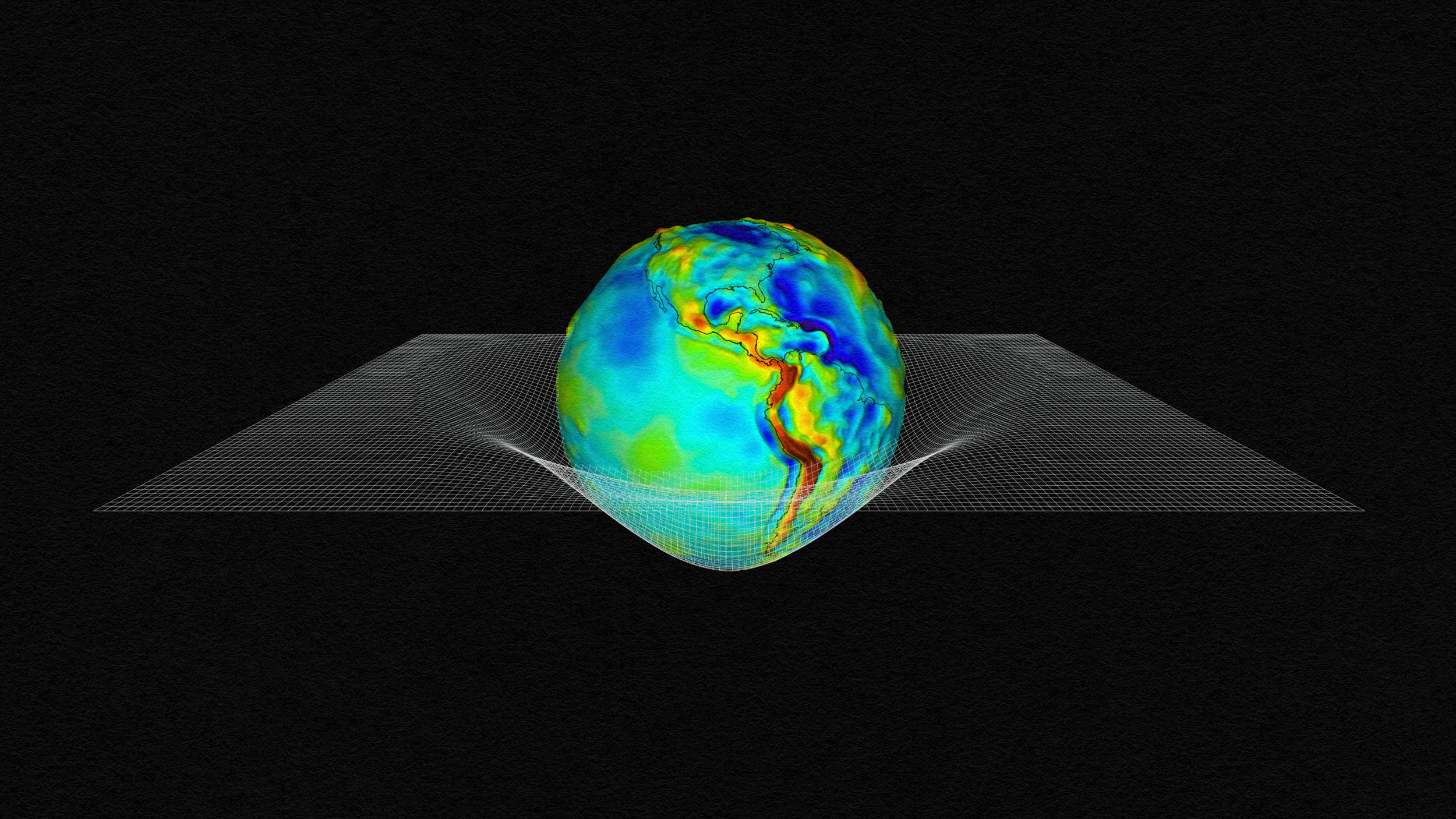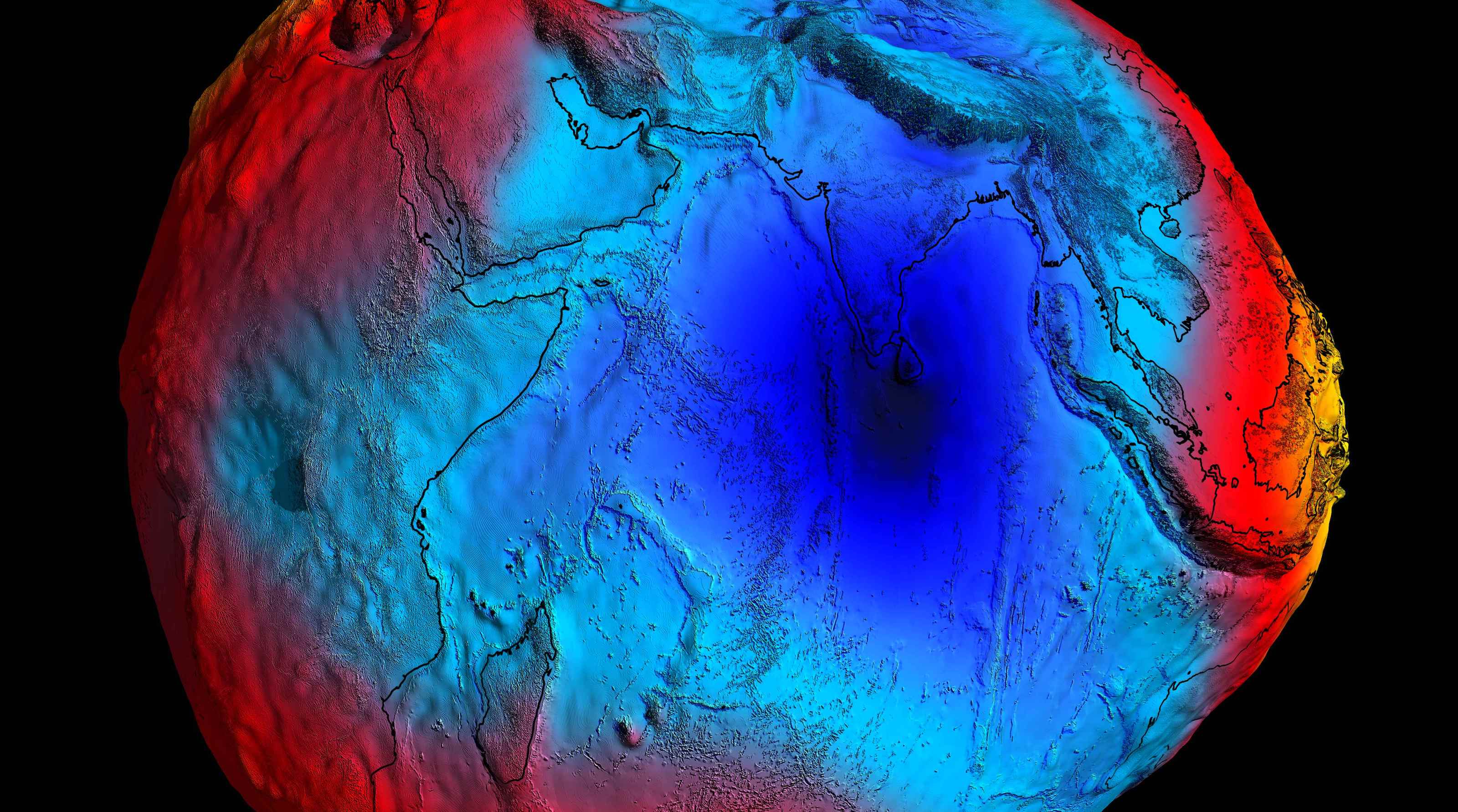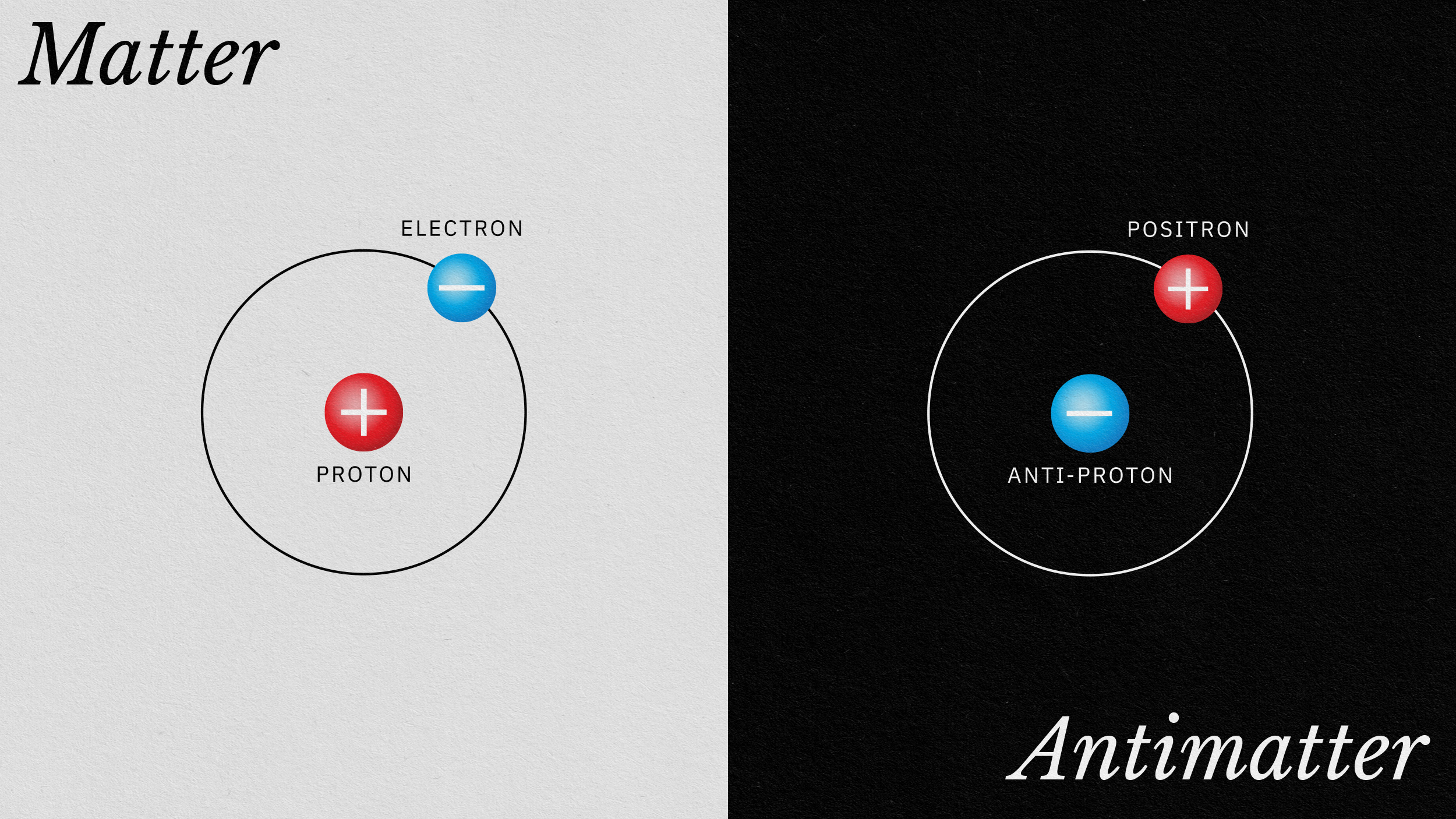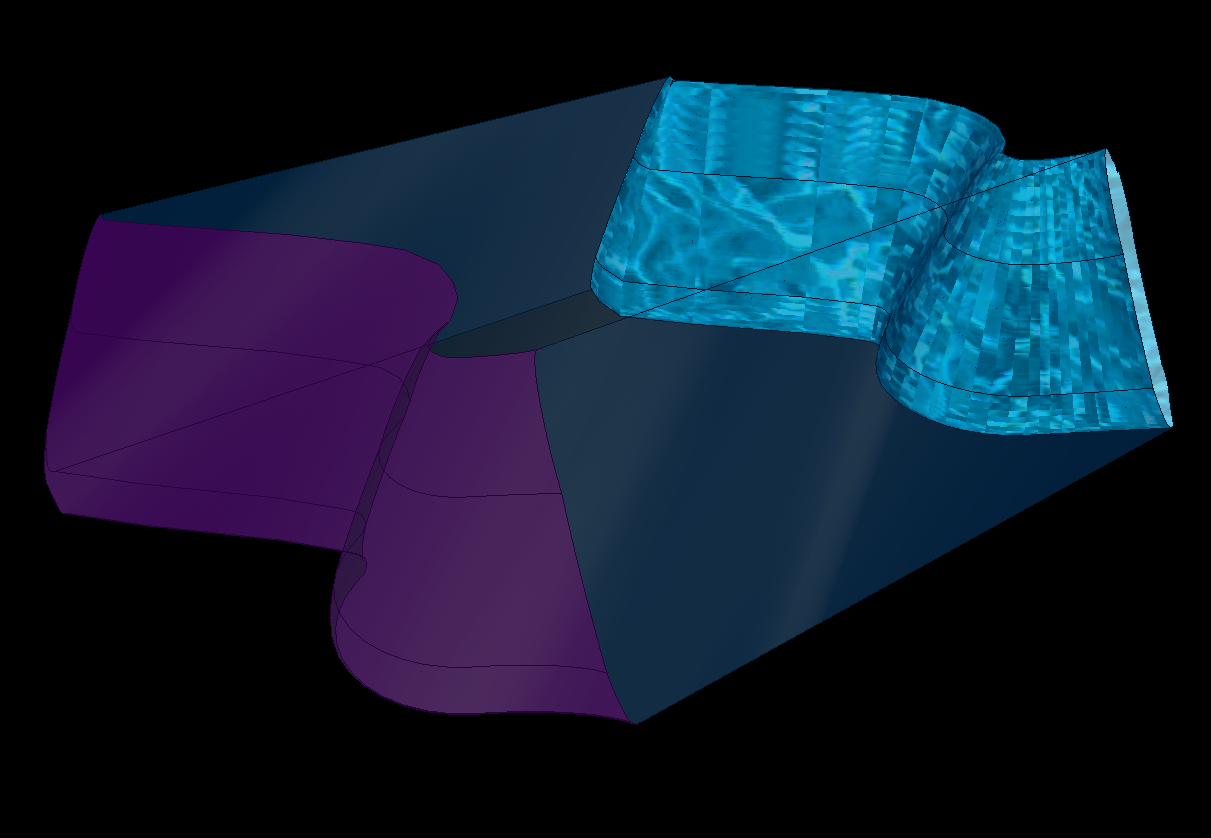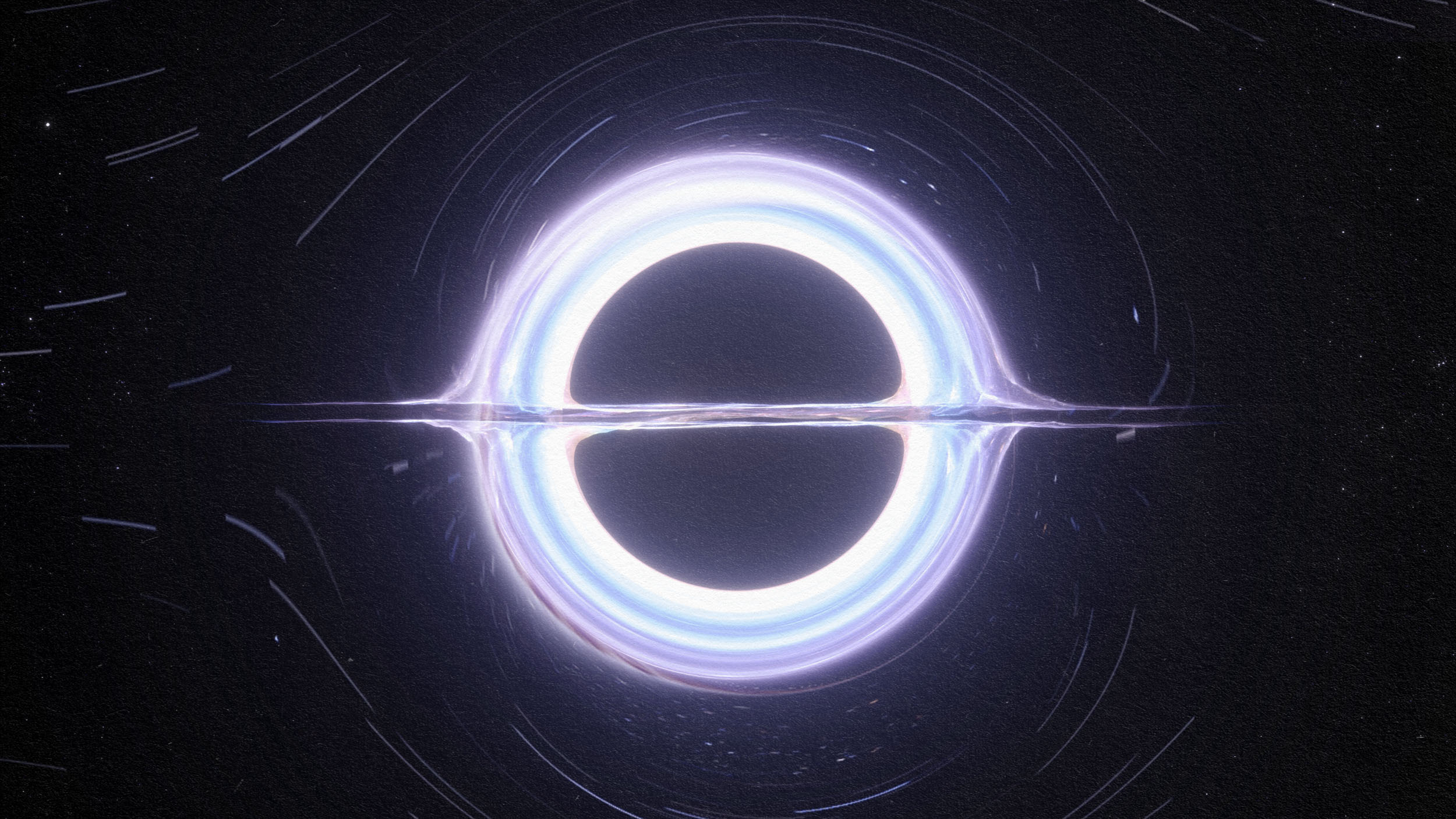Is gravity weaker over distances of billions of light-years?
Search Results
You searched for: gravity
For generations, physicists have been searching for a quantum theory of gravity. But what if gravity isn’t actually quantum at all?
Thanks to observations of gravitational waves, scientists were able to settle a longstanding debate over the speed of gravity.
Isaac Newton and Albert Einstein are locked in an eternal battle over the nature of gravity. Whose side are you on?
Beyond stars, galaxies, and gravity, studying the fundamental workings of nature reveals widely applicable lessons for learners everywhere.
How are we to deal with the quantization of spacetime and gravity?
There are many theories of gravity out there, and many interpretations of wide binary star data. What have we really learned from it all?
For centuries, Newton’s inverse square law of gravity worked beautifully, but no one knew why. Here’s how Einstein finally explained it.
Gravity defies quantum mechanics. What does that mean for a theory of everything?
▸
6 min
—
with
Electromagnetism, both nuclear forces, and even the Higgs force are mediated by known bosons. What about gravity? Does it require gravitons?
Humans, when we consider space travel, recognize the need for gravity. Without our planet, is artificial or antigravity even possible?
Roger Babson wanted a “partial insulator, reflector, or absorber of gravity” — something, anything, that would stop or dampen it.
This measurement is crucial to confirm that one of the assumptions of Einstein’s theory of gravity is valid.
Forensics has reached the final frontier, and could be used to solve future space accidents—or crimes.
Newton thought that gravitation would happen instantly, propagating at infinite speeds. Einstein showed otherwise; gravity isn’t instant.
In theory, dark matter is cold, collisionless, and only interacts via gravity. What we see in ultra-diffuse galaxies indicates otherwise.
All the stars, stellar corpses, planets, and other large, massive objects take on spherical or spheroidal shapes. Why is that universal?
Physicists recently created Coordinated Lunar Time, a time zone for our Moon.
Here on Earth, we commonly use terms like weight (in pounds) and mass (in kilograms) as though they’re interchangeable. They’re not.
Time is relative, not absolute, as gravity and motion both cause time to dilate. Your head and feet, therefore, don’t age at the same rate.
The standard picture of our Universe is that it’s dominated by dark matter and dark energy. But this alternative is also worth considering.
DESI has allowed astronomers to create an unprecedented 3D map of the Universe representing 20% of the entire sky.
Want to avoid getting “spaghettified” by a black hole? Steer clear of the smaller ones.
In general relativity, matter and energy curve spacetime, which we experience as gravity. Why can’t there be an “antigravity” force?
Matt Strassler’s journey into fundamental physics culminates in a brilliant explanation of the Higgs field. Enjoy this exclusive interview.
Seventy-five years after the anomaly’s discovery, scientists have finally figured out why sea levels are so much lower here.
Sci-fi enthusiasts have long hoped that a substance called antimatter might experience gravity opposite that of ordinary matter. It doesn’t.
Three fundamental forces matter inside an atom, but gravity is mind-bogglingly weak on those scales. Could extra dimensions explain why?
Here’s why the answer may forever elude scientists.
A clock, designed and built in Europe, ran hopelessly at the wrong rate when brought to America. The physics of gravity explains why.


